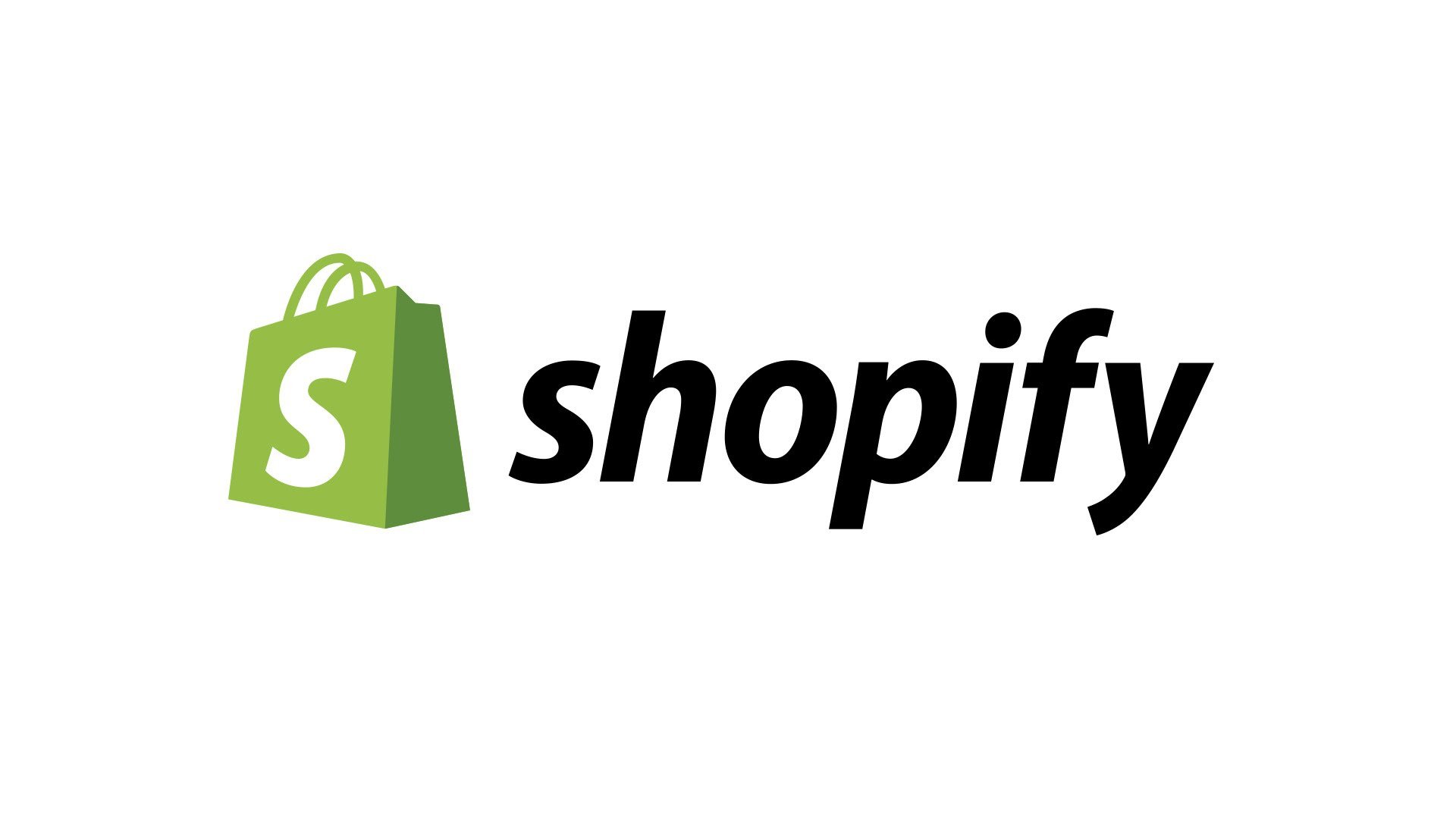Why Shopify?
Let’s look at what Shopify has to offer for your eCommerce website development needs. Shopify, on the other hand, is a hosted platform. There is nothing to install and there is no need to purchase a hosting plan as hosting is included in your Shopify plan.
Shopify Features
Shopify’s features include:
- The ability to sell physical and digital products
- The ability to set different tax rates and offer different shipping methods
- Built-in product variations, reviews, and discounts
- Dozens of free and paid themes
- Easy to use website builder to customize the look of your store
- Fraud analysis
- Detailed store reporting
- Built-in abandoned cart recovery and email marketing features
- Mobile responsiveness (Shopify is a mobile commerce platform as well as a standard eCommerce platform)
There are also numerous free and paid Shopify apps that add even more features to your Shopify store. This includes:
- Additional payment gateway integration
- Integration with accounting software
- The ability to add live chat to your store
- Syncing your customer list with your email list
- And more
Shopify Store Setup
When it comes to setting up your Shopify website store, visit Shopify, enter your email address, and click on the Start Free Trial button. You’ll then need to enter your store name, set your password, and click the Create your Store button.
Shopify will then create your store and ask you a few questions about your business as well as for your address. After that, your store will be set up and you can immediately start importing your products. The interface is easy to use and pretty straightforward as it walks you through the steps of setting up your store.
When adding products, you can enter a title and a description, upload product images, set the price, and manage the availability of the product. You can also publish the product to your Facebook page, add variants, set up shipping, and more.
Shopify Design Options
When you sign up for Shopify, it will install a default theme for you. You can customize it or you can choose a different theme. Shopify, like WooCommerce, has its own Theme Store where you can find different themes. They range from free to paid.
However, you can find premium Shopify themes on third-party theme stores, as well. Premium themes typically cost around $100-$180.
Shopify SEO & Marketing
When it comes to SEO, Shopify does have built-in blogging capabilities so adding a blog to your store is easy. Shopify also has SEO features such as image optimization, adding title and alt tags to images, and customizing your meta tags.
Another point in favor of Shopify and its SEO features is that every Shopify plan comes with a free SSL certificate so you don’t have to worry about buying one and installing it.
Marketing
Bottom of Form
As far as marketing features, Shopify doesn’t have some of the features built in like those found in WooCommerce. For example, you’ll need to install a product review app as well as another app for sharing buttons. However, Shopify does allow you to create and manage marketing campaigns for your products directly in your Shopify’s store dashboard and that’s where it’s true power lies.
You can also create discount codes and use Shopify Email to build, manage, and nurture your email list.
These features are key when discovering how to make money on Shopify.
Shopify Support
Shopify has very thorough documentation, helpful guides, and an active community. They also have a dedicated support team that’s available 24/7 to answer any of your questions or help you set up your store.
Shopify Cost
Shopify has three main pricing plans to choose from. The lowest plan is $29/mo which is suitable if you’re just getting started. The most expensive plan which is suitable for stores with a large inventory costs $299/mo. The middle-tier plan goes for $79/mo.
There is also a very basic plan built specifically for selling on Facebook for $9/mo, via POS or adding a buy button to any website.
Keep in mind that each plan comes with a free 14-day trial and that the final cost of your Shopify store, like WooCommerce, will depend on the number of paid addons that you add to your store.
A word from the author:
Our software Profitizer, is an app that makes it easier for eSellers to understand their marketplace profit & loss data from the top of their business right through to individual or grouped product profitability. For Amazon, eBay, Etsy and other marketplace sellers, Profitizer is “Profit and loss, made simple”.
Find out more: https://www.profitizer.app
#amazonseller #amazon #amazonfba #ecommerce #amazonfbaseller #amazonsellers #fba #amazonbusiness #ebayseller #fbaseller #sellingonamazon #ebay #ecommercebusiness #amazonsellercentral #amazonsellersgroup #ADVANCEDFullfilmentbyAmazon #fbaninjas #PrivatelabelUK #profitizer

